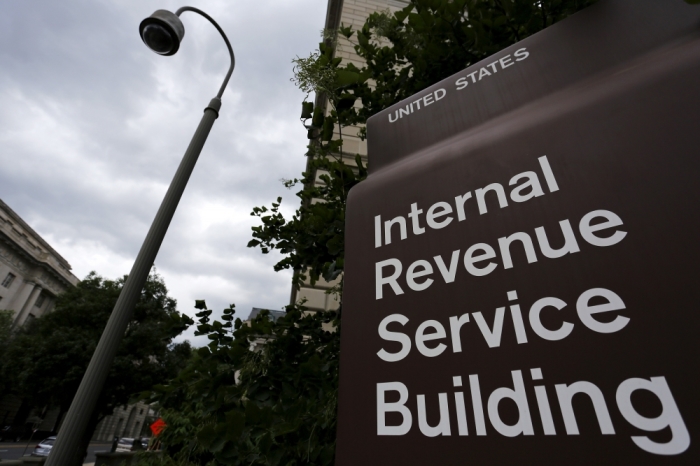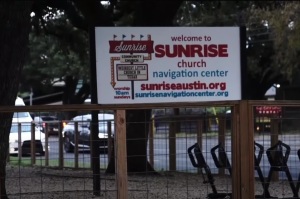IRS Proposes Churches, Nonprofits Get Social Security Numbers From Donors

The IRS may soon require churches and other nonprofit charities to report the Social Security numbers of their donors contributing at least $250 annually. The news has raised concerns about security, IRS targeting and government overreach.
A report from FOX News says lawmakers and charities alike are concerned about the impact this proposal from the Obama administration could have on churches and charities if it gets the greenlight.
"There's a big caution here. There's a big yellow light that should be flashing for a couple of reasons," Illinois Republican Rep. Peter Roskam told Fox News. "Number one, the IRS has not demonstrated its capacity to hold this type of information from confidentiality and a security point of view."
The IRS says the Social Security reporting requirement, which would impact only organizations that fall into the 501(c)(3) category, would be optional, but some critics are worried this might become a standard.
"It's the No. 1 regulation that people are commenting upon," said attorney Cleta Mitchell who represents the conservative-leaning group TRUE the VOTE, which says it has already been harassed by the IRS, according to FOX News.
She believes that the IRS cannot be trusted and the request would affect the ability of charities to collect enough money to survive.
"It would have a dramatic effect on donors' decisions on whether or not to contribute," she said. "You'd see a lot of $249.99 contributions to every charitable organization in America. It's preposterous."
The proposal, noted as Substantiation Requirement for Certain Contributions, is now open for public comment until Dec. 16 and has attracted nearly 1,500 reactions so far.
"Imposing this type of rule would make it even harder for nonprofits to secure donations from new prospective donors. As it is, donors are skeptical about giving to charities. New nonprofits would struggle to find donors if personal information had to be given along with their monetary or in-kind gifts. As a nonprofit founder and CEO, this would cause unnecessary, unfair stress on our organization as a whole, and prevent us from reaching as many people as we want to serve," explained Annette Patterson.
"Aloha, I donate to nonprofit organizations, volunteer for several organizations and am president of a nonprofit organization (Cycle On Hawaii), and I oppose the proposed rule to allow nonprofit organizations to report certain donations to the IRS via information returns. The potential negative consequences of this rule far outweigh any benefits. Please do not adopt this rule," noted Natalie Iwasa.
The IRS explained in a release however that the proposal was made in September in part because some taxpayers who were being audited — or "under exam" — say they lost their donation records and that charities also having a record would help them verify deductions according to Fox News.
"This project was prompted because some … organizations and donors were interested in using this option," the agency noted. "This proposal would impose no mandatory changes to existing rules."
Reacting to that concern however, Thomas Allen, argued on the document that the proposed change for those reasons is still not a good idea.
"Social security numbers should only be used for social security administration as they were originally intended," wrote Allen. "The security issues with the widespread use and overuse of SSN should be more important than further undermining the tax base."
He continued: "The current system rewards both the donor seeking a deduction and the charity receiving it tax-free, while the actual benefactors of the supposed charitable system receive the least reward per capita of those involved in this system. In other words, the charity cartel is presumed to be near holy at every untaxed transaction based on very little evidence of operations."
Allen proposed getting rid of the nonprofit tax exempt status by taxing all operations equally.
"The costs to stop even a small portion of the nation's charitable impropriety are too excessive; therefore, the IRS should recognize that non-profit tax exemption of a huge sector of the economy simply is not affordable and that the general welfare would be better served by taxing equally. Charities should not be treated as if they are the Levitical priesthood," he said.
"This proposed new rule may be an attempt to curb the abuses noted here, but it does so at the expense of donors who are being asked to assume more risk of fraud," he added.
You can view the complete document below:




























